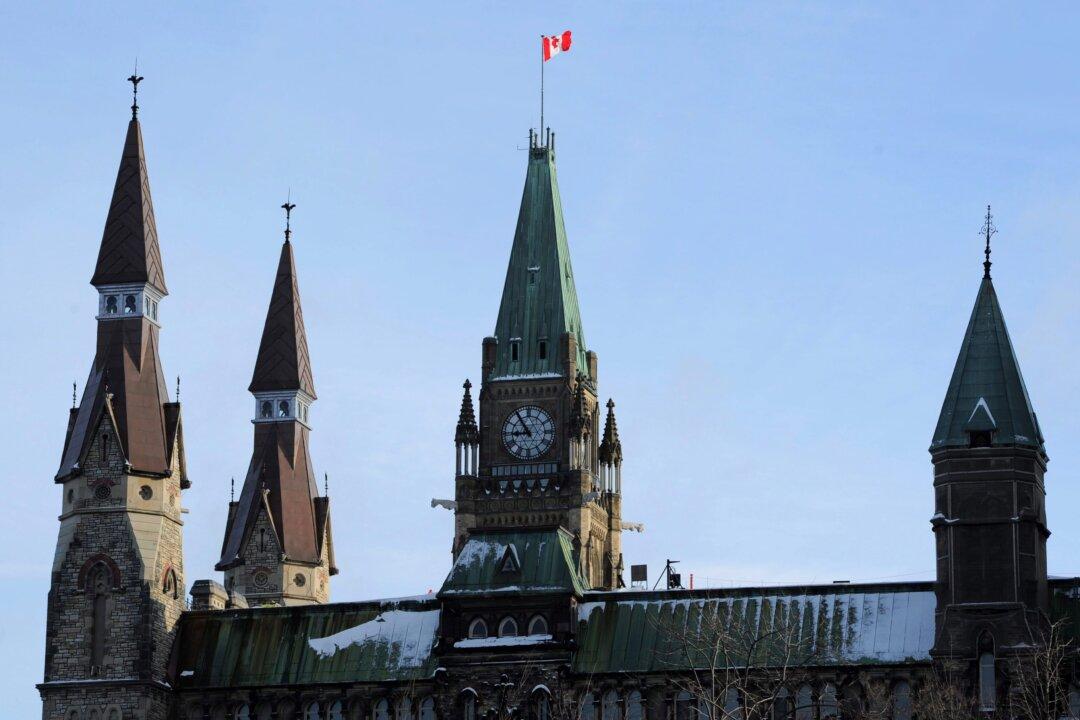Several Hong Kong communities in Canada are rallying support for a citizen petition urging the Canadian government to establish a foreign influence registry to counter China’s interference and influence activities within the country.
In a press release on Sept. 13, the non-profit organization Vancouver Society in Support of Democratic Movement (VSSDM) called for the immediate implementation of a foreign agent registry. The registry aims to increase transparency in Canada regarding the activities of lobbyists representing foreign governments.





